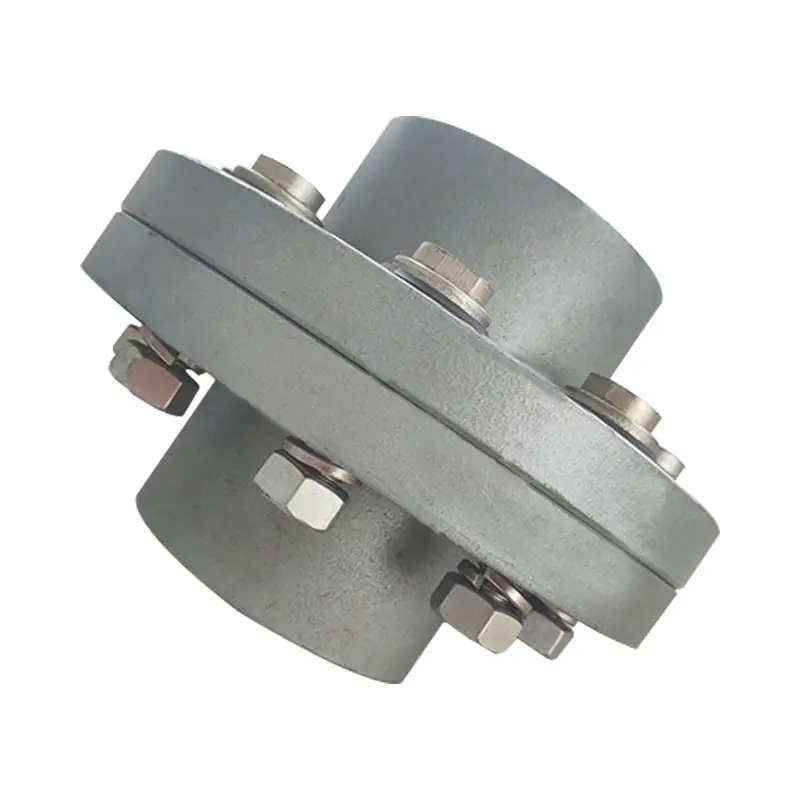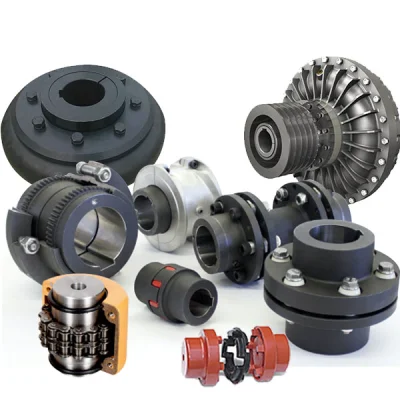Product Description
About Lucent
Lucent Ind. Manufacturing, Ltd. is Hong Kong based group company with all manufacturing facilities in ZheJiang , China – Pearl River CZPT area. We are specialized in manufacturing custom-made precision Machining Components, Casting Parts, Hardware, Plastic Mold Design & Build and also Production.
We offer a wide range of manufacturing solutions, including machining, casting, forging, stamping and molding. Our engineering team has rich experience in working for many Fortune 500 companies (ITW, Electrolux etc.).
We have highly skilled and experienced engineers who work collaboratively on every project. They will submit detailed manufacturing solution regarding different product’s characteristics. At each manufacturing stage, our engineers work with the operation team to ensure quality control procedures are properly implemented and the specification is 100% in compliance.
We have 1 quality control team which is built up by rich experienced QC & QA. They will monitor each process of production. Each component or part will go through our QA for final inspection and testing. Make sure every product is under customer’s requirement before CZPT customers.
Our focus is to close the gap and provide lower cost manufacturing throughout the world. Sourcing your parts with Lucent MFG. is the closest thing to running your own manufacturing facility in China. We offer extreme flexibility for you and your project needs.
Capabilities
| Available Materials | ||||
| Carbon Steel | Stainless Steel | Alloy Steel | Tool Steel | Hard Alloy |
| Plastic | Aluminum | Copper | Brass | Bronze |
| Heat Treatment | ||||
| Hardening | Nitriding | Carburizing | Laser Quenching | QPQ |
| Surface Finish | ||||
| Zinc Plating | Chrome Plating | Nickel Plating | Passivation | Tin Plating |
| Silver Plating | Gold Plating | Anodizing | Hard Anodizing | PTFE Impregnated Hard Anodizing |
| Painting | Powder Coating | PTFE Coating | Brushing | Polishing |
FAQ
1.Who are we?
1.We are based in ZheJiang , China, sell to:
2.North America (45.00%), South America (8.00%),
3.West Europe (20.00%), East Europe (10.00%)
4.,Asian (12.00%), Domestic Market (5.00%).
5.There are total about 30 people in our office for sales & technical supporting.
2. How can we guarantee quality?
Always a Pre-production Sample before mass production;
Always Final Inspection before shipment;
3.What can you buy from us?
Automotive Accessories, Oil & Gas Industrial Products,
Medical Equipment Components, Robotic Accessories,
Production Line Accessories, Fixture Design & Fabricate,
Outdoor Sports Accessories, Consumer Product Components.
4. Why should you buy from us not from other suppliers?
1. Our team members all have over 10 years of foreign trade work experience, and can quickly solve trade problems that arise during the cooperation process;
2.We strictly control the criteria for selecting suppliers, accepting OEM, ODM with low MOQ.
5.What can you buy from us?
1.Adding: components and assembly unit for commercial printing and package Ind.
Precision parts for aviation industry
6. What services can we provide?
Accepted Delivery Terms: FOB, CIF, EXW;
Accepted Payment Currency: USD;
Accepted Payment Type: T/T,L/C;
Language Spoken: English

What Industries Commonly Use Flange Couplings for Power Transmission?
Flange couplings are widely used in various industries for power transmission due to their reliability and versatility. Some of the common industries where flange couplings are employed include:
1. Manufacturing: In manufacturing industries such as automotive, aerospace, electronics, and consumer goods, flange couplings are utilized in machinery and equipment to transmit power between different components.
2. Oil and Gas: The oil and gas industry often uses flange couplings in pumps, compressors, and turbines for power transmission in exploration, extraction, and refining processes.
3. Chemical and Petrochemical: Flange couplings are used in various equipment within the chemical and petrochemical industry, including mixers, agitators, and pumps, to transfer power efficiently.
4. Mining and Construction: Heavy-duty machinery in mining and construction applications relies on flange couplings to transmit power in demanding and challenging environments.
5. Power Generation: Power plants, including thermal, hydroelectric, and wind power facilities, use flange couplings in turbines, generators, and auxiliary systems for power transmission.
6. Marine: In the marine industry, flange couplings are utilized in propulsion systems, winches, and other equipment that requires power transmission in marine vessels.
7. Steel and Metal Processing: Steel mills and metal processing plants use flange couplings in various equipment, including rolling mills and conveyor systems.
8. Food and Beverage: The food processing and beverage industry use flange couplings in mixers, pumps, and conveyor systems to handle power transmission in hygienic environments.
9. Pharmaceutical: Pharmaceutical manufacturing equipment employs flange couplings for power transmission in processes such as mixing, granulation, and tablet compression.
10. Water and Wastewater: Flange couplings are used in water treatment plants and wastewater facilities to transfer power in pumps and other equipment.
These are just a few examples, and flange couplings are found in many other industries where reliable power transmission is essential for smooth operations.

What Role Does a Flange Coupling Play in Minimizing Wear and Tear on Connected Components?
A flange coupling plays a critical role in minimizing wear and tear on connected components in rotating machinery. It accomplishes this by effectively transmitting torque between two shafts while accommodating misalignment and reducing the transmission of shock and vibration. Here’s how a flange coupling achieves these benefits:
- Misalignment Compensation: Flange couplings are designed to accommodate both angular and parallel misalignment between the shafts they connect. As machinery operates, shafts may experience slight misalignment due to thermal expansion, manufacturing tolerances, or other factors. The flexible nature of certain flange coupling designs allows them to compensate for these misalignments, preventing excessive stress on connected components that could lead to wear.
- Shock and Vibration Damping: Flange couplings help dampen shock and vibration during machinery operation. When a machine experiences sudden impacts or vibrations, the flexibility of some flange coupling types absorbs and disperses these forces. By reducing the transfer of shocks and vibrations to the connected components, flange couplings protect the machinery from excessive stress and premature wear.
- Smooth Torque Transmission: Flange couplings provide a smooth and reliable means of transmitting torque from one shaft to another. The secure connection between the two shafts ensures that torque is efficiently transmitted without slippage or sudden jolts. This smooth torque transmission helps prevent unnecessary wear on the shafts and other connected components.
- Reduced Maintenance: By minimizing wear and tear on connected components, flange couplings contribute to reduced maintenance requirements. When components experience less stress and wear, their lifespan is extended, resulting in fewer maintenance interventions and decreased downtime for repairs or replacements.
- Protection Against Overloads: In cases of sudden overloads or torque spikes, flange couplings can act as a safety feature by allowing some degree of slippage or disengagement. This protects the connected machinery from potential damage caused by excessive loads.
In summary, a flange coupling’s ability to compensate for misalignment, dampen shocks and vibrations, provide smooth torque transmission, and protect against overloads makes it a crucial component in minimizing wear and tear on connected machinery. By choosing the appropriate flange coupling design for a specific application, engineers can enhance the reliability and longevity of the entire system while reducing maintenance and downtime costs.

Materials Used in Manufacturing Flange Couplings
Flange couplings are manufactured using various materials, each offering specific properties and advantages. The choice of material depends on factors such as application requirements, environmental conditions, and cost considerations. Here are some commonly used materials in manufacturing flange couplings:
- 1. Steel: Steel is one of the most common materials for flange couplings. It offers excellent strength, durability, and resistance to wear. Steel couplings are suitable for a wide range of applications and can handle high torque and heavy loads.
- 2. Stainless Steel: Stainless steel is chosen for its superior corrosion resistance, making it ideal for applications where the coupling is exposed to moisture, chemicals, or aggressive substances. Stainless steel flange couplings are common in industries such as food processing, pharmaceuticals, and marine.
- 3. Cast Iron: Cast iron couplings are known for their excellent strength and vibration-damping characteristics. They are often used in industrial settings, including pumps, compressors, and conveyor systems.
- 4. Aluminum: Aluminum couplings are lightweight and suitable for applications where weight is a concern. They are commonly used in industries such as aerospace and automotive.
- 5. Brass: Brass couplings offer good corrosion resistance and electrical conductivity. They are used in specific applications that require these properties.
- 6. Bronze: Bronze couplings are valued for their high strength, corrosion resistance, and resistance to wear. They are commonly used in marine and heavy machinery applications.
- 7. Plastic: Plastic couplings, such as nylon or polyurethane, are used in applications where weight, non-conductivity, and chemical resistance are critical factors.
- 8. Composite Materials: Some modern flange couplings may use composite materials that combine different properties, such as strength, flexibility, and corrosion resistance.
When selecting the material for a flange coupling, it is essential to consider factors such as load capacity, temperature range, chemical exposure, and the specific demands of the application. Proper material selection ensures that the flange coupling performs optimally and has a long service life in its intended environment.


editor by CX 2023-08-08